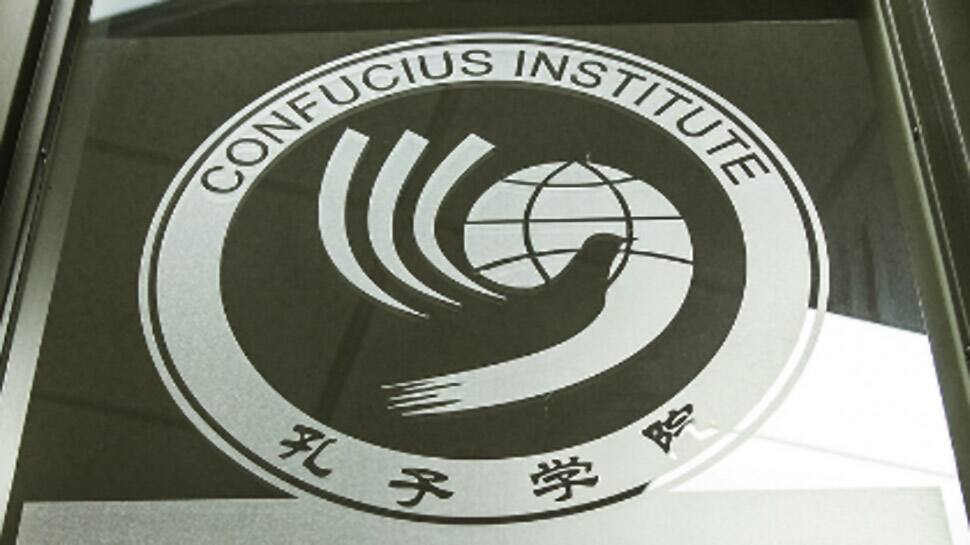China's pressing desire to project soft power may just have revealed the true intention of the Confucius Institutes it has been setting up across the world. Beijing has repeatedly denied allegations that the language schools are actually fronts for espionage and propaganda. But now, the Chinese government has formally adopted a document that calls for the institutes to be reformed in a way that fits into China's diplomatic efforts.
The document in question deals with the reform of the Confucius Institute, and was adopted by a key body of the Chinese Communist Party's Central Committee on Tuesday. Chinese government-run news agency Xinhua reported the impending reforms, quoting Ma Jianfei, deputy chief executive of Confucius Institute Headquarters.
Ma said in an article in a Chinese magazine that the distribution of the Confucius Institutes would be 'optimized'. Individual branches would also be given the flexibility to design more diversified courses. "With that they will vigorously support Chinese language teaching in overseas elementary and middle schools, and provide more quality teaching services," Ma said.
"Local faculty will be improved with strengthened support from China. More Chinese deans and teachers will be employed," he added.
Explaining what this means, the Global Times newspaper, considered to reflect the view of the Chinese Communist Party, ran an article titled, 'Confucius Institutes to better serve Chinese diplomacy'.
"China has developed plans to reform the Confucius Institute system to make the language and cultural teaching facility better serve Chinese diplomacy," the article began.
The reform of the Confucius Institute is required "to turn it into a significant force for the cultural and educational exchange between China and other countries," it said.
The reform of the Confucius Institute merely lays out publicly what a number of countries and universities have long accused it of.
The Chinese government started setting up Confucius Institutes across the world in 2004. They were meant to follow in the footsteps of other networks of language-teaching institutes of other countries, like the France's Alliance Fracaise and Germany's Geothe-Institut.
This was a bid to project soft power and flip negative perceptions of China. However, from the word go, they have been faced with criticism for their connection to the propaganda wing of the Chinese government.
Other accusations have included an aim to subvert, espionage, interfering with the freedom of academic institutions that hosted them and of monitoring the activities of Chinese students at these institutions.
Soft power is the non-military influence that a country can project overseas. For example, familiarity with a country's culture, movies or food generally improves understanding of that country and lowers resistance to cooperation.
China has often bemoaned its troubles with improving its soft power projection, especially in light of ambitions projects like the Belt and Road Initiative (BRI) and the China-Pakistan Economic Corridor (CPEC). It has often compared itself to India. Even government-backed institutions in China have spoken in envious terms of the reach and depth of India's soft power.
















